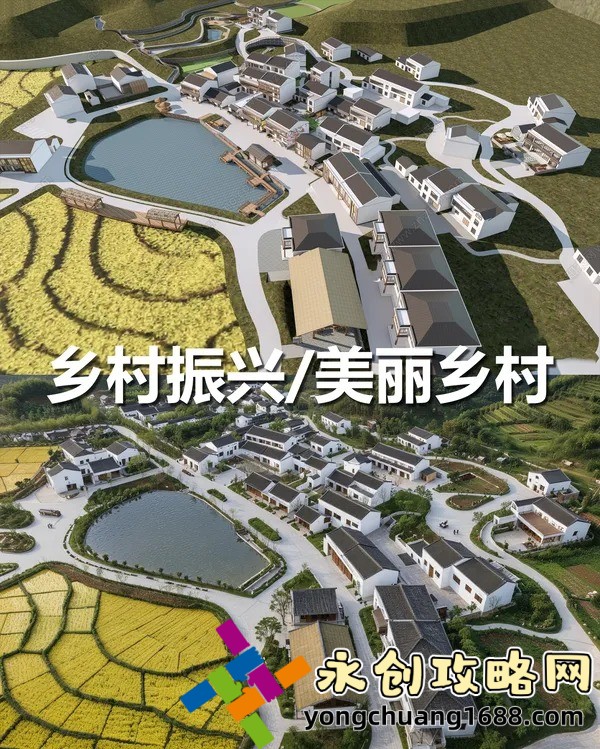在英語作文寫作中,恰當(dāng)引用一些經(jīng)典句子可以有效提升文章的層次和分?jǐn)?shù)。無論是在高考、四六級考試還是各類英語競賽中,這些金句都能讓你的文章更加出彩。本文整理了十大經(jīng)典金句,助你在英語作文中輕松提分。

1. “Every beginning is difficult, as the proverb says.”(正如諺語所說,萬事開頭難。)這句經(jīng)典諺語適用于各類作文的開頭,可以用來引入話題,表達(dá)在面對困難時(shí)的堅(jiān)定決心。例如,在寫關(guān)于夢想的作文時(shí),可以這樣開頭:“Every beginning is difficult, as the proverb says. Pursuing my dream of becoming a scientist is no exception. Despite the numerous challenges, I am determined to make it come true.”
2. “Actions speak louder than words.”(事實(shí)勝于雄辯。)這句話強(qiáng)調(diào)了實(shí)際行動(dòng)的重要性,適合用在議論類作文中。比如,討論環(huán)保問題時(shí),可以這樣寫:“It’s easy to talk about environmental protection, but actions speak louder than words. We need to take concrete steps to reduce pollution and conserve natural resources.”
3. “Nothing ventured, nothing gained.”(不入虎穴,焉得虎子。)這句話強(qiáng)調(diào)了勇于嘗試的重要性,適用于討論勇氣和創(chuàng)新的主題。例如,在寫關(guān)于創(chuàng)新和失敗的文章中,可以這樣使用:“In the world of innovation, nothing ventured, nothing gained. Every successful inventor has faced setbacks, but they never gave up. They kept trying and eventually succeeded.”
4. “One person’s trash is another person’s treasure.”(一人眼中的垃圾可能是另一人眼中的寶物。)這句話強(qiáng)調(diào)了不同視角的價(jià)值,適用于討論多樣化和包容性的主題。例如,在寫關(guān)于多元文化的文章時(shí),可以這樣寫:“One person’s trash is another person’s treasure. In a multicultural society, what may seem unimportant to one person can be highly valued by another. This diversity enriches our lives and broadens our horizons.”
5. “All good things come to those who wait.”(水滴石穿,繩鋸木斷。)這句話強(qiáng)調(diào)了耐心和毅力的重要性,適合用在討論堅(jiān)持和努力的主題。例如,在寫關(guān)于成功與努力的文章中,可以這樣使用:“Success doesn’t come overnight. All good things come to those who wait. By staying persistent and working hard, we can achieve our goals, no matter how difficult they may seem.”
6. “The world is a book, and those who do not travel read only a page.”(世界是一本書,不旅行的人只讀了其中的一頁。)這句話強(qiáng)調(diào)了旅行和體驗(yàn)的重要性,適用于討論旅行和探索的主題。例如,在寫關(guān)于旅行的文章時(shí),可以這樣寫:“The world is a book, and those who do not travel read only a page. By exploring different places and cultures, we can broaden our perspectives and gain valuable insights into the world around us.”
7. “Knowledge is power.”(知識就是力量。)這句話強(qiáng)調(diào)了知識的重要性,適用于討論教育和學(xué)習(xí)的主題。例如,在寫關(guān)于教育的文章時(shí),可以這樣使用:“Knowledge is power. Education is the key to unlocking our full potential and making a positive impact on society. By continuously learning and growing, we can achieve our goals and contribute to the world.”
8. “No pain, no gain.”(不經(jīng)歷風(fēng)雨,怎么見彩虹。)這句話強(qiáng)調(diào)了努力和付出的重要性,適合用在討論努力和成功的主題。例如,在寫關(guān)于學(xué)習(xí)和奮斗的文章中,可以這樣使用:“No pain, no gain. To achieve success, we must be willing to put in the hard work and face challenges. Only through perseverance can we reach our goals.”
9. “Innovation distinguishes between a leader and a follower.”(創(chuàng)新區(qū)分了領(lǐng)導(dǎo)者和追隨者。)這句話強(qiáng)調(diào)了創(chuàng)新的重要性,適用于討論領(lǐng)導(dǎo)力和創(chuàng)新的主題。例如,在寫關(guān)于領(lǐng)導(dǎo)力的文章時(shí),可以這樣寫:“Innovation distinguishes between a leader and a follower. True leaders are those who are not afraid to think outside the box and come up with new ideas. They inspire others and drive progress.”
10. “The best way to predict your future is to create it.”(預(yù)測未來最好的方法就是創(chuàng)造未來。)這句話強(qiáng)調(diào)了行動(dòng)的力量,適合用在討論夢想和目標(biāo)的主題。例如,在寫關(guān)于個(gè)人目標(biāo)的文章時(shí),可以這樣使用:“The best way to predict your future is to create it. Instead of just hoping for the best, we should take action and work towards our goals. By doing so, we can shape our own destiny and achieve our dreams.”
相關(guān)問答: Q: 除了這些金句,還有哪些常用的經(jīng)典句子可以在英語作文中引用? A: 除了上述金句外,還有一些經(jīng)典的句子可以用于不同的寫作場景,例如:“Quality is not an act, it is a habit.”(品質(zhì)不是一種行為,而是一種習(xí)慣。)適用于討論品質(zhì)和習(xí)慣的話題;“To be yourself in a world that is constantly trying to make you something else is the greatest accomplishment.”(在這個(gè)不斷試圖改變你的世界中保持自我是最大的成就。)適用于討論個(gè)性和獨(dú)立的話題;“The future belongs to those who believe in the beauty of their dreams.”(未來屬于那些相信自己夢想之美的孩子。)適用于討論夢想和希望的話題。









